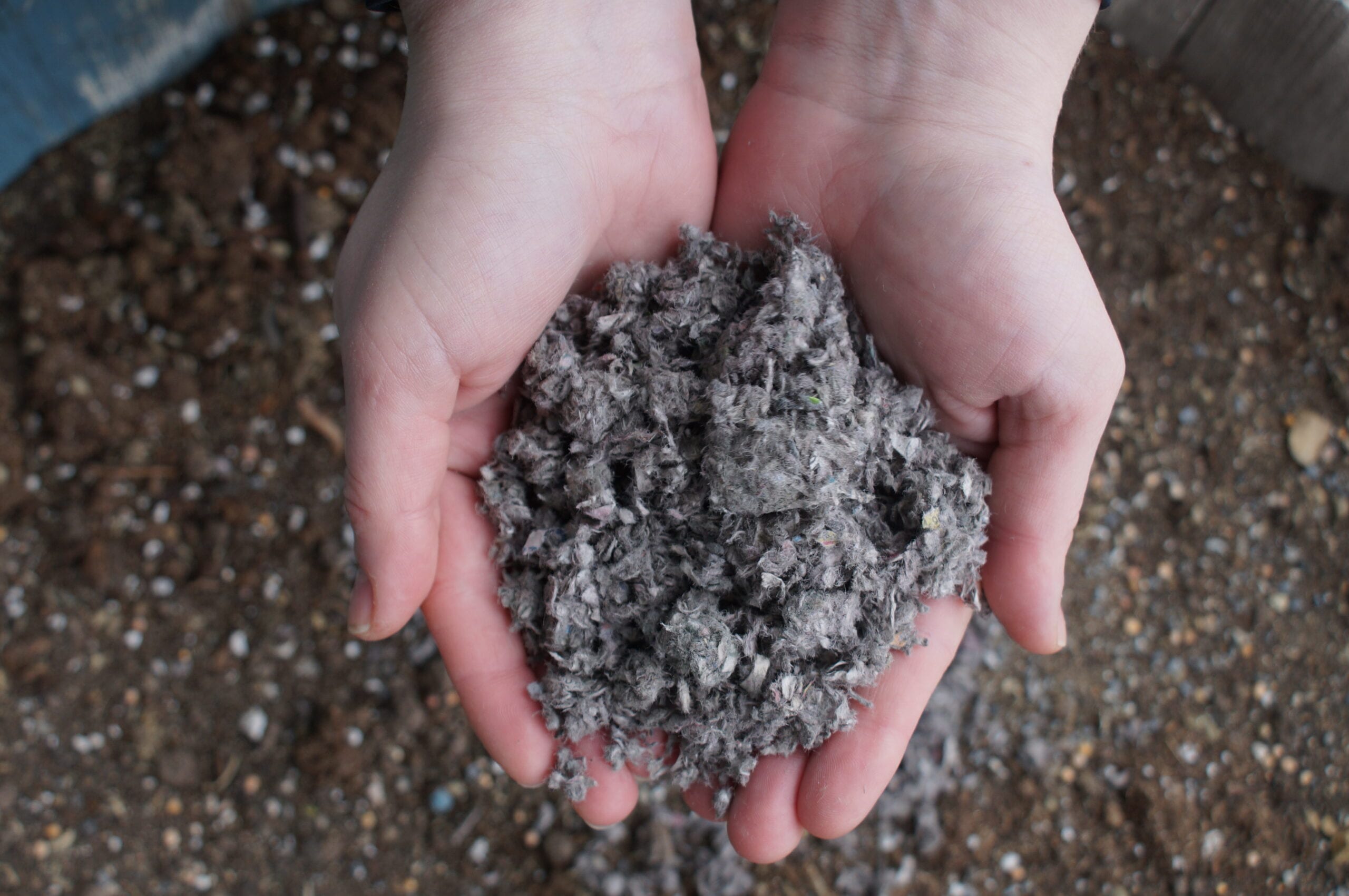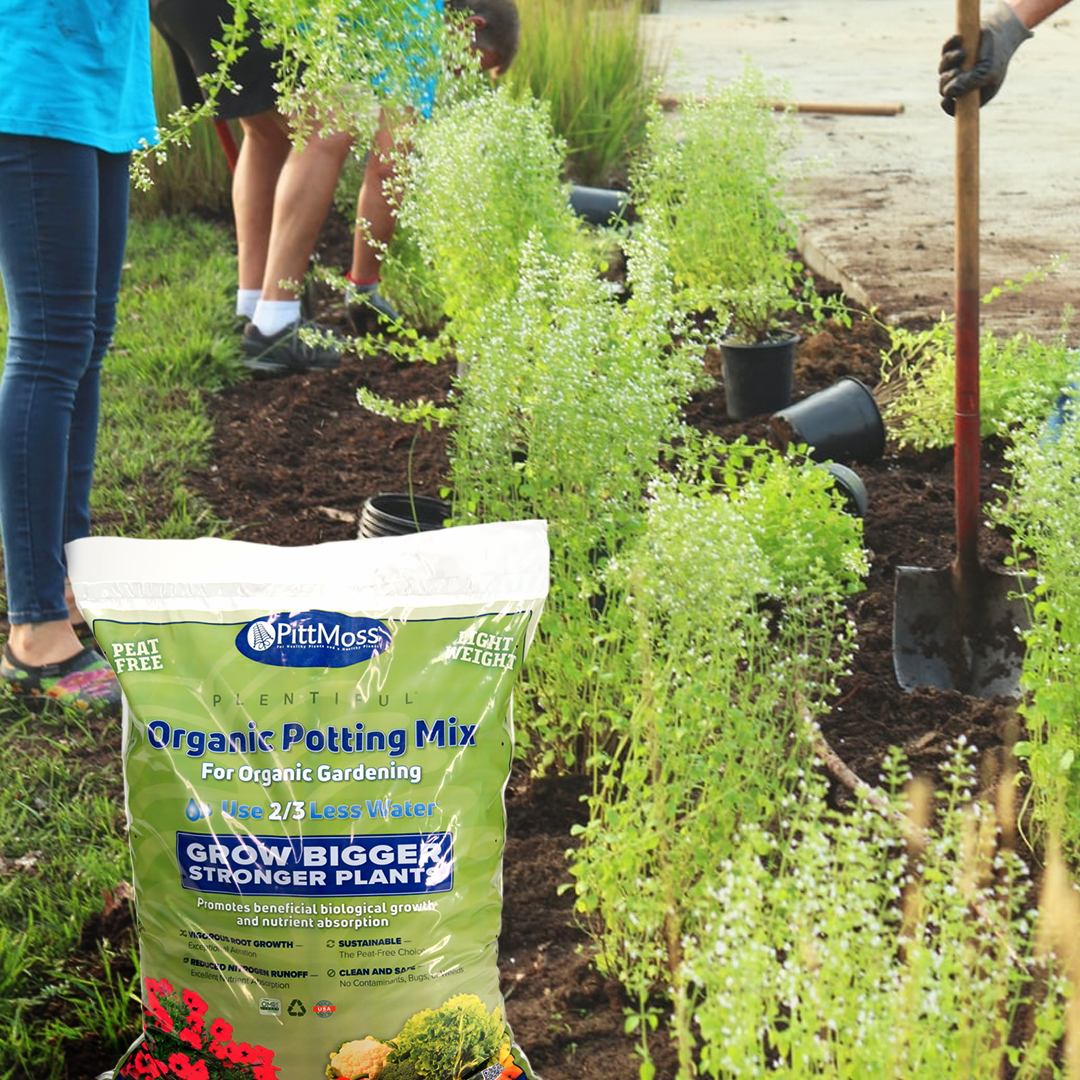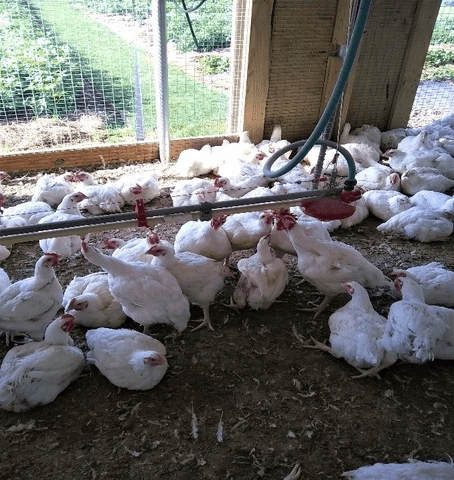
PittMoss Puts the Green Back in Gardening with Recycled, Organic Products
By Amanda Waltz
November 25, 2020
Nothing could be more green than gardening, right? According to Brian Scott, CEO of the company PittMoss, this common pastime is actually one of the world's major carbon emitters.
“A two-cubic-foot bag of potting soil has the same carbon emissions to it as burning 22 pounds of coal,” says Scott. “People in the horticulture industry really don't even want to talk about it.”
Scott and his team are hoping to counter the damaging impact of other consumer soils with their line of potting mixes and other products made from shredded, recycled paper. PittMoss has set out to make home and commercial gardening, landscaping and hydroponic growing more environmentally friendly, and has expanded that mission with its own brand of farm animal bedding.
Based in Ambridge, Pa., the company was officially formed in 2015 and has gained recognition for innovating something most people never even think twice about – dirt. In 2015, the company received $600,000 in investments after appearing on the ABC invention competition show Shark Tank. Since then, it has been highlighted by local news outlets, as well as in the TheWashington Post and others.
The company now sells its line of retail potting mixes in 150 garden centers across 22 states, as well as on its own website and through Amazon.
This year, PittMoss won Innovator of the Year: Solutions Providerat the Pittsburgh Technology Council's Tech 50 Awards, and is currently a finalist in the Grow-NY Business Competition, a global, multi-million dollar contest that recognizes advancements in the food and beverage or agriculture industries.
Scott explains that the company focuses mostly on creating more sustainable, green alternatives to popular peat-based soils. Over the years, studies have shown how mining for peat, which is created through the decomposition of bog plants, releases large amounts of carbon dioxide and methane into the atmosphere.
By comparison, Scott says PittMoss' four retail and three commercial products offer a wide variety of benefits for growers and the planet. The company estimates that it has diverted around 67 tons of paper and 70 tons of cardboard from ending up in landfills since 2014. There's also water conservation, as PittMoss retains more moisture over time than other brands, says Scott.
Overall, the company estimates that PittMoss has saved over 3,000 metric tons of carbon dioxide from entering the atmosphere.


Besides the environmental perks, there's also the quality of PittMoss-grown crops, which Scott claims are organic, delicious, and impressively large.
“I can't even describe to you how much better it works than traditional soil,” says Scott, describing how the staff grows their own produce in a raised bed in the PittMoss factory. “I have a tomato that's the size of my hand. … Everything is super-sized.”
The company has recently started trying to improve another area with its shredded paper bedding for horses and chickens. Scott says chicken farmers have especially latched onto the PittMoss Roost Poultry Bedding as an alternative to their usual pine shavings, which are less than ideal.
“A lot of time chickens will eat the pine shavings that they use as bedding and they can't digest it,” explains Scott, adding that the PittMoss product is safe to ingest.
Scott and PittMoss Director of Business Development Ashley Mariani, tout how the bedding improves the quality of life for animals, and prevent agricultural run-off from getting into waterways. This is due to how much more absorbent they claim PittMoss bedding is compared to other methods, making it able to better soak up animal waste that contains harmful chemicals like ammonia.
This is helpful for the poultry industry, with Scott explaining that young chicks are vulnerable to and will die from ammonia poisoning.
Along with animals, PittMoss is also trying to improve the health of soil, which Mariani says has become “so degraded.” She adds that they are working with farmers in California interested in regenerative agriculture, an approach that focuses on restoring the biodiversity and organic make-up of soil that has become stripped by industrial agriculture – primarily its wide use of commercial fertilizers and pesticides – and climate change.
“It's like upping the white blood cells in a body,” says Mariani, adding that good soil needs to supports a variety of microbes and organisms like worms.
Scott believes that, whether someone is a commercial grower, landscaper, or hobby gardener, switching to PittMoss will show them how much better it is using organic topsoil made from recycled materials.
“It's almost like a no-brainer,” says Scott.

Leave A Comment